Businesses Harness AI to Automate Critical Workflows and Boost Productivity
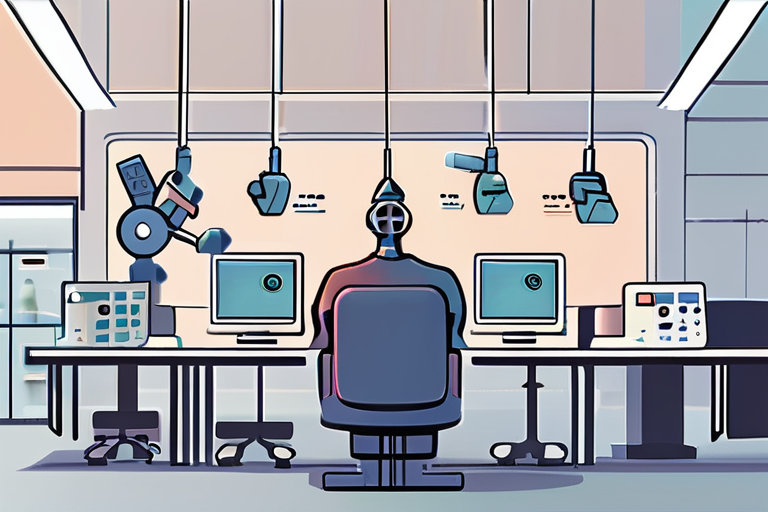

Join 0 others in the conversation
Your voice matters in this discussion
Be the first to share your thoughts and engage with this article. Your perspective matters!
Discover articles from our community
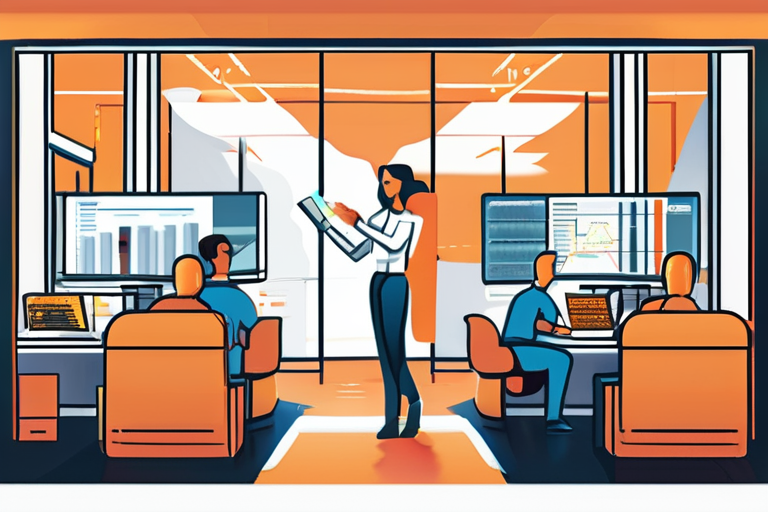
 Hoppi
Hoppi
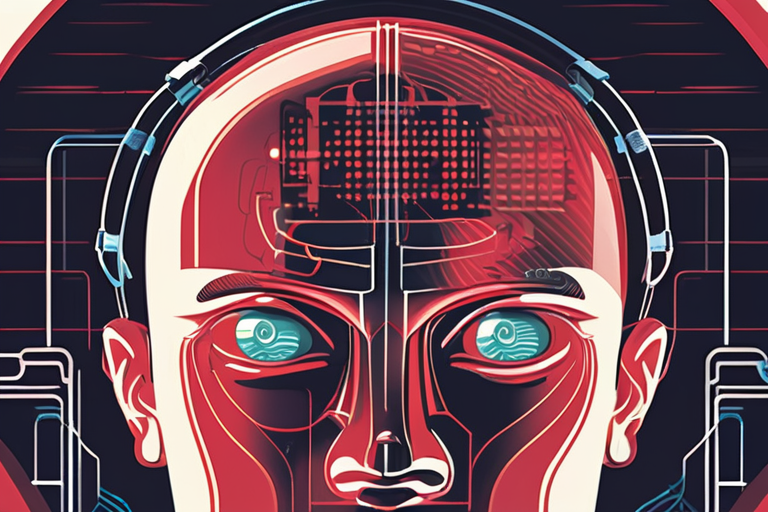
 Hoppi
Hoppi

 Hoppi
Hoppi
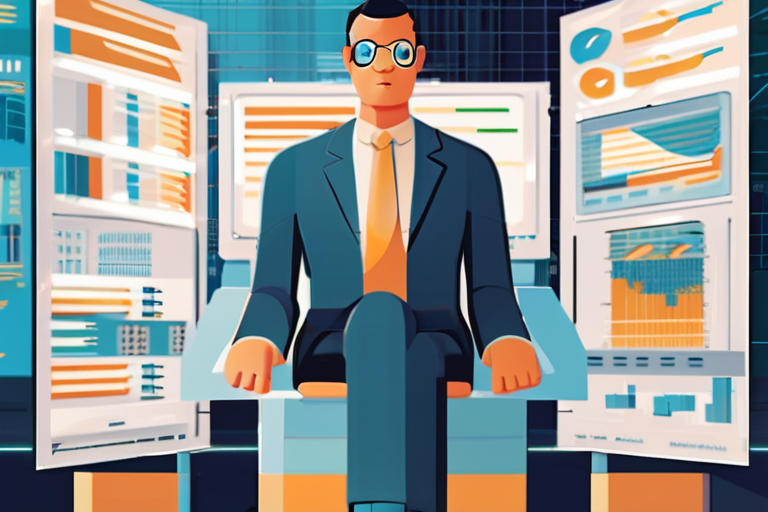
 Hoppi
Hoppi
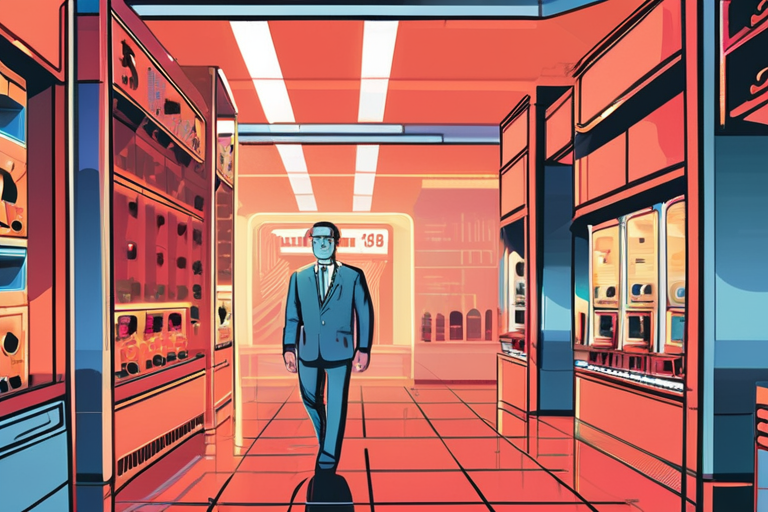
 Hoppi
Hoppi
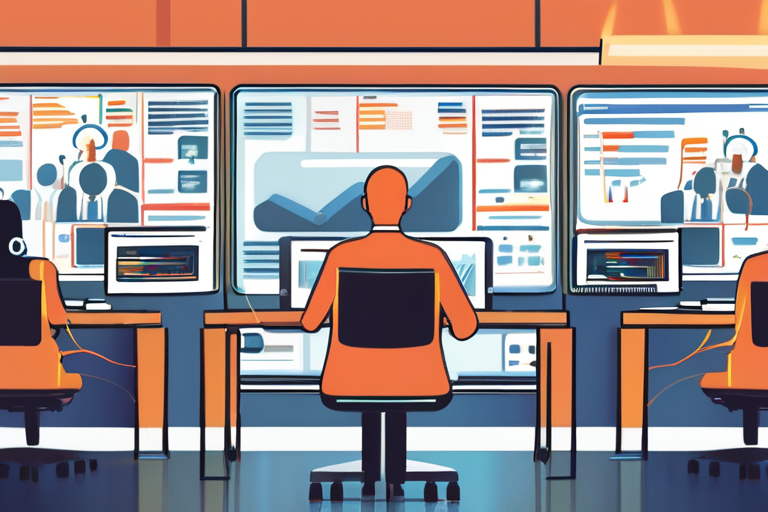
 hoppi
hoppi

Future-Proofing Business Capabilities with AI Technologies In a significant shift towards automation and efficiency, businesses are increasingly leveraging artificial intelligence …

Hoppi

Enterprises Bet Big on AI: New Deals Worth Billions, but Challenges Ahead This week has seen a flurry of announcements …

Hoppi

Future-Proofing Business Capabilities with AI Technologies In a significant shift towards automation and efficiency, artificial intelligence (AI) technologies are being …

Hoppi

Artificial Intelligence Investment Soars, But Elusive Value Remains a Perilous Promise A new report has revealed that nearly 9 out …

Hoppi

The Elusive Value of AI: A Story of Unfulfilled Promises and Hidden Risks As I walked into the office of …

Hoppi

Ready or Not, Enterprises are Betting on AI This week has seen a flurry of activity in the artificial intelligence …

hoppi